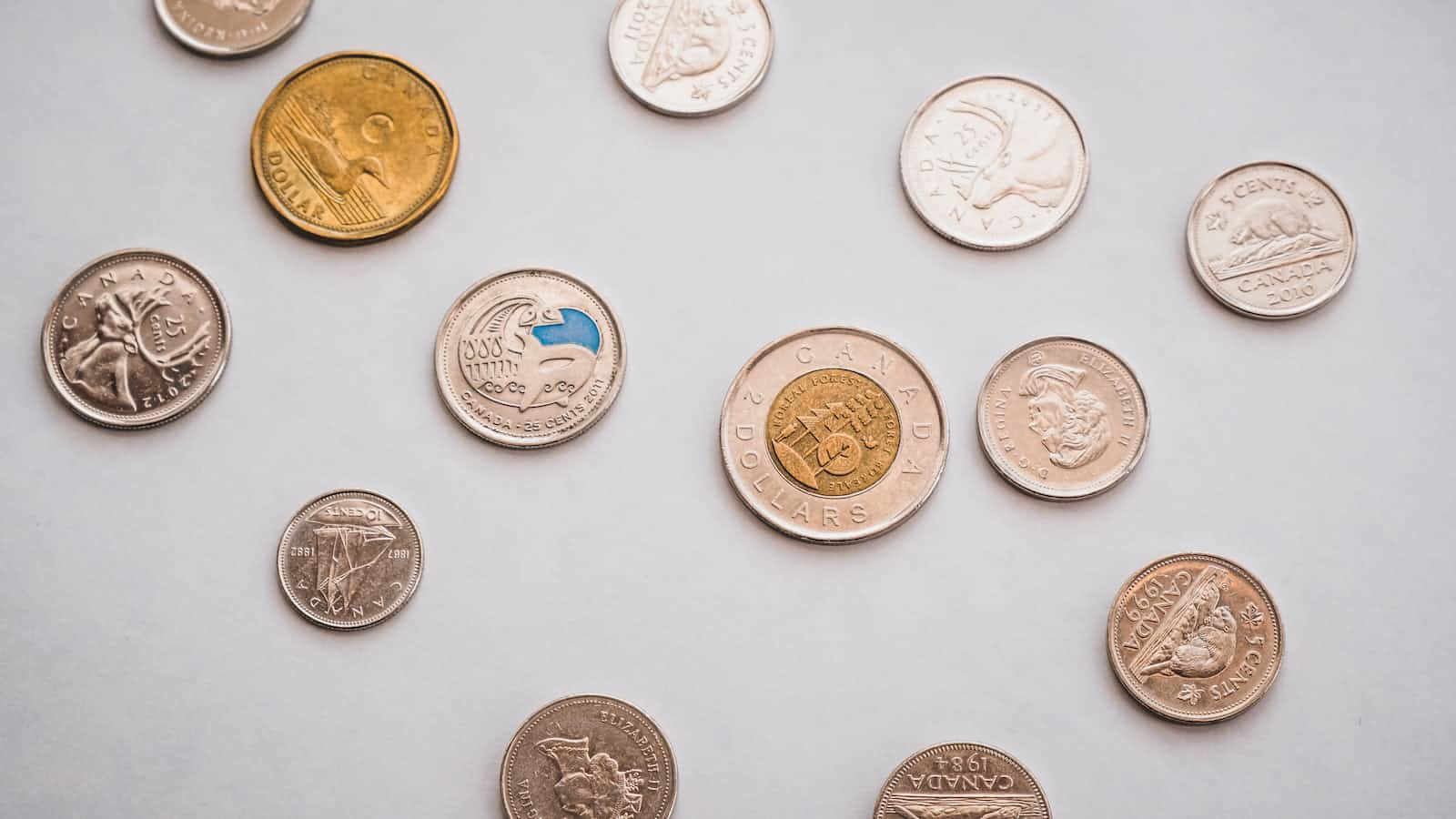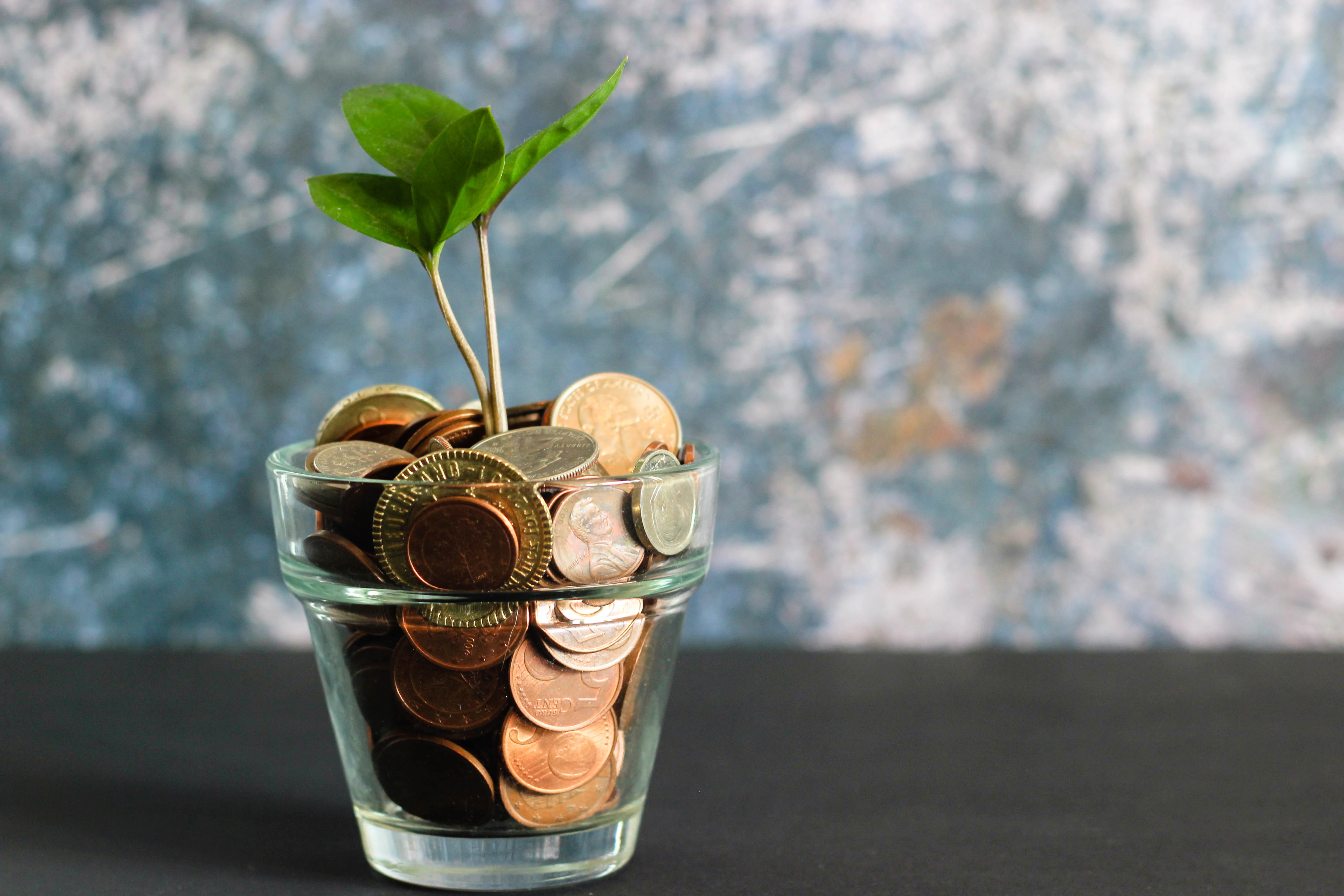The Fintech World
 Muhammad Asim Khaskheli
Muhammad Asim Khaskheli
With the world becoming more and more digitally enabled day by day and every sector being revolutionized by technology, it's hard to keep track of all the industry-tech words. However, one of the buzzwords that we have been hearing all along is fintech. In this article, we are going to explore the fintech world.
What is Fintech?
The word fintech is a blend of “financial” and “technology”. Fintechs utilize the latest technology trends to enable financial services digitally. A simple example of using fintech in daily life can be transferring your friend some money through an app, paying your bills through an app, or even withdrawing money from an ATM.
The Global Fintech Industry:
The fintech industry has seen impressive growth over the past few years. In 2021, global fintech funding reached a record $132 billion, accounting for 21% of all venture capital dollars. Every major fintech category saw record funding in 2021, an indication of broad interest in the industry.
2021 also saw the birth of 157 new fintech unicorns worldwide, boosting the total number to 235. At the close of the year, twelve fintech companies had even achieved decacorn status. Some of the biggest fintech players in the world right now are
Square (Valued at $110-$130 Bn)
Stripe (Valued at $95 Bn)
Ant Group ($78 Bn)
Coinbase ($60-$90 Bn)
Klarna ($46 Bn)
FinTech and Pakistan:

Pakistan houses 2.8% of the world's population, but 8% of the world's unbanked adults. This statement says a lot about the current financial ecosystem of Pakistan.
However, with almost 60% of the population being youth there is an opportunity to include more and more people in formal economic activities by giving them access to financial services digitally. Once, more and more people transition from an informal way of dealing with cash to a more formalized and traceable way of payment, it will open doors for more financial services such as getting access to credit, insurance, earned wage access, BNPL, etc. Not only this but it will enable entrepreneurs to focus more on building products and partnering up with embedded financial solutions to get access to financial services for their customers.
What is different with Fintech Startups?
Over the years, many startups have emerged to solve financial inclusion in Pakistan. Startups like Nayapay, Sadapay, etc have come into the picture to provide a better user experience to people and help them get access to digital financial services with a click of a button. But what makes them gain an edge over the conventional banking system is the broken system and poor customer support. Over the years, The broken conventional banking system especially customer support has allowed these startups to onboard and move more and more people toward digital financial services. On the other hand, banks are also moving digital providing access to digital financial services such as transfers and payments to their existing customer base but they fail to provide quick and excellent customer support to their customers which deteriorates the whole experience and sometimes leaves customers with horrible experiences. Similarly, the account opening processes for the banks are quite long and customers don't prefer to go somewhere physically and follow up with the staff several times just to open a bank account where they can keep their money.

On the other hand, Fintechs capitalize on these opportunities given by conventional banking systems to make the customer experience of the users delightful by providing a smooth and quick onboarding via app in just a few minutes, gaining access to different financial services including bills payments, top-ups, money transfer quickly and get access to excellent customer support services.
Are Fintech just Payments?
Many people get confused referring to digital wallets and payments as the start and end of fintech. However, fintech is a lot more than just payments. Everything, where some form of money is involved in some way, can be regarded as fintech. For example,
Platforms that let you trade stocks such as Robinhood.
Platforms that let you get access to earned wage access such as Abhi
Platforms that let you trade cryptocurrencies such as Coinbase.
Crowdfunding platforms such as GoFundMe
Ever used Patreon to send money to your favorite content creator? That's also fintech.
Ever used a platform such as Klarna to buy something and pay for it in installments? That’s also fintech
And many more.
What's Next?
Keeping in view the pace at which Fintech startups are emerging in Pakistan, how soon do you think we will able to reduce the unbanked population and make at least 99% financially inclusive Pakistan? Also, have you ever thought about how these fintech startups even operate? or make money? We will leave it here for you to think about this until we demystify the business model of different fintech startups and how they even operate in Pakistan in the upcoming articles!
Subscribe to my newsletter
Read articles from Muhammad Asim Khaskheli directly inside your inbox. Subscribe to the newsletter, and don't miss out.
Written by
